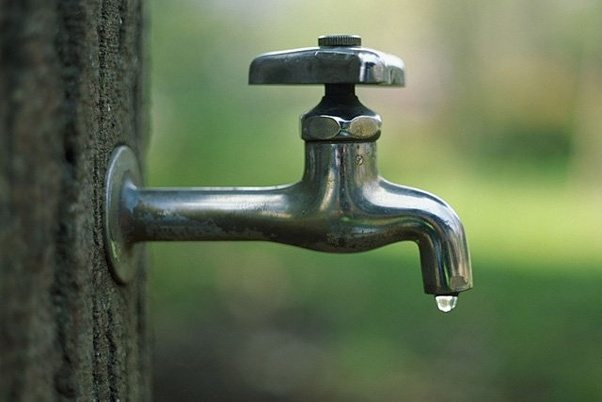The Irish Water horsepipe ban that was enforced during the drought has been extended in Laois and 16 other counties.
A meeting of the Irish Water Board that took place last week they assessed the need to extend the Water Conversation Orders that expired on Friday August 31 in a bid to safeguard water supply in homes and and businesses across the country.
The board considered detailed analysis of drinking water sources (river flows and lake levels) from engineering experts within Irish Water, and the local authorities, including the hydrologist records of OPW and the ESB and future weather forecasts.
It determined that the Water Conservation Order will remain in place for the Greater Dublin Area which includes Dublin, Wicklow and Kildare and in counties Louth, Meath, Offaly, Westmeath, Laois, Cork, Kerry, Limerick, Tipperary Waterford, Wexford, Carlow and Kilkenny untul Sunday September 30 of this year.
Scarce resources
Irish Water says it is continuing to manage scare resources in these areas with the local authorities and specialist contractors doing everything practical to reduce leaks, manage demands and maintain continuity of supply.
Emergency work on upgarding borehole pumping plants, introducing new boreholes in some areas and deploying temporary weirs at critical river intakes are helping to maximise water available in these southern counties.
In the Midlands and south-east, supplies are now generally functioning normally, with full-service levels available.
However, borehole and river levels remain historically low and the company said it must provide for potentially dry weather during September.
The water utility is appealing to all customers to continue to conserve water in these ares as the supplies remain lower than normal.
The Water Conservation Order prohibits use of water drawn through a hosepipe or similar for the purpose of: watering a garden; cleaning a private motor-vehicle using a hosepipe; cleaning a private leisure boat using a housepipe; filling or maintaining a domestic swimming or paddling pool (except when using hand – held containers filled directly from a tap).
Others include: filling or maintaining a domestic pond (excluding fish ponds) using a hosepipe; filling or maintaining an ornamental fountain (with the exception of such use for commercial purposes); use of water for filling or replenishing an artificial pond (excluding fish ponds), lake or similar application.
“The 2018 drought conditions have demonstrated the vulnerability of many of our water supplies, notably in the south, east and Midlands” said Irish Water’s General Manager Eamon Gallon.
SEE ALSO – Laois needs new sources of drinking water as water levels hit record low






















